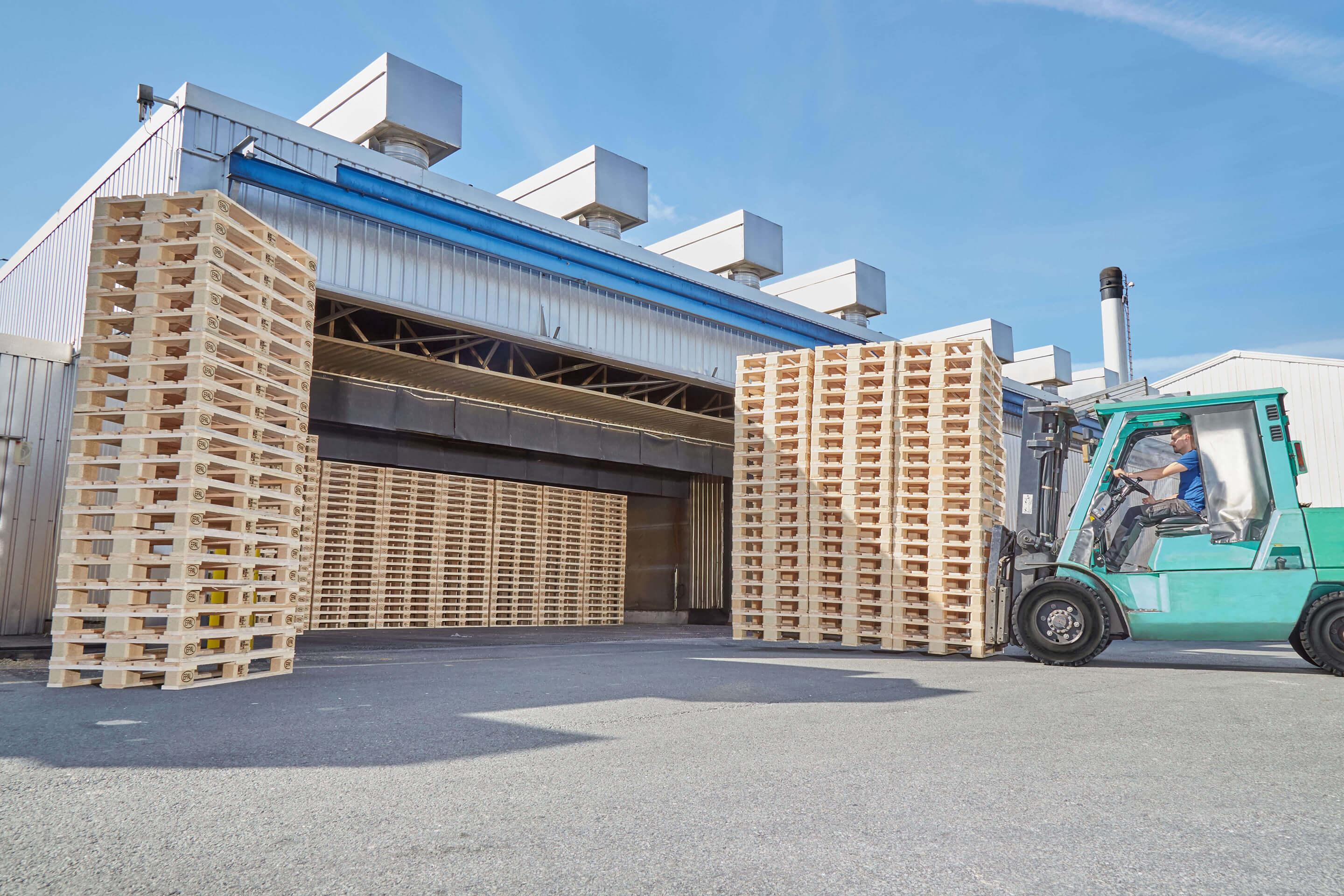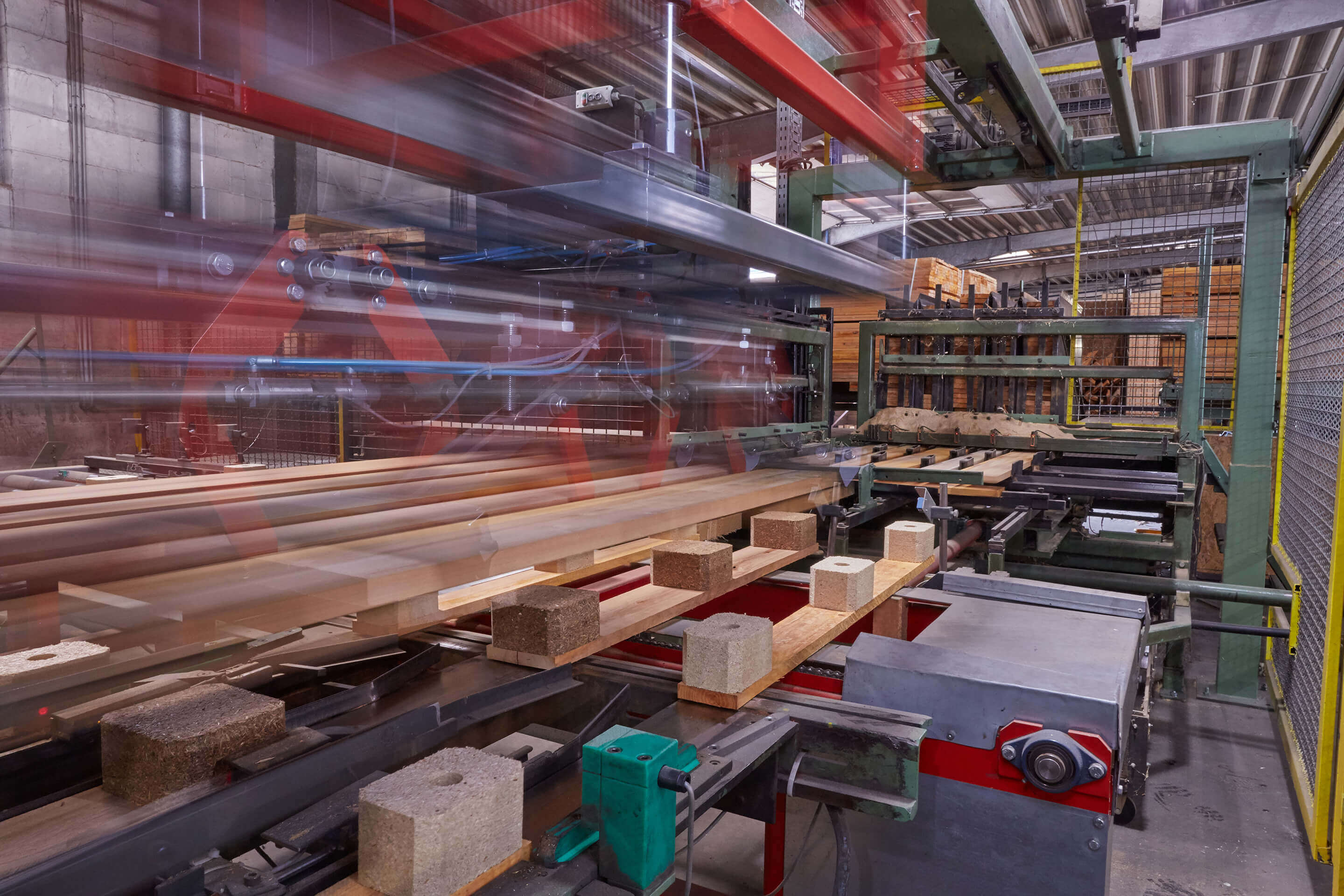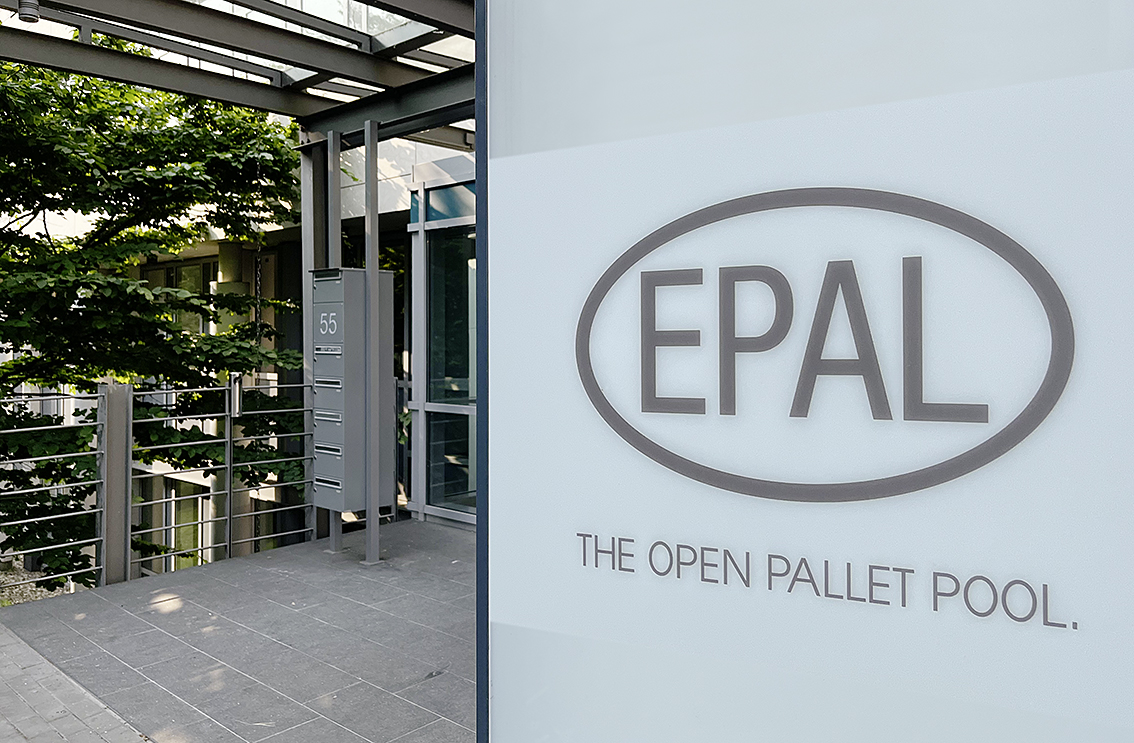EPAL - THE EUROPEAN PALLET ASSOCIATION
EPAL - THE EUROPEAN PALLET ASSOCIATION
As an international association, the European Pallet Association e.V. (EPAL) is responsible for organising the EPAL Euro pallet exchange pool. EPAL Euro pallets are the cornerstone of industrial and retail supply chains in Europe. The EPAL brand stands for quality, safety and sustainability in logistics.There are currently approximately 675 million EPAL Euro pallets and approximately 20 million EPAL Box pallets in circulation making the EPAL Euro pallet exchange pool the biggest open pallet exchange pool in the world.
More than 1,700 EPAL licensees produce and repair EPAL Euro pallets and other EPAL load carriers globally.
EPAL awards licences to carefully checked producers and repairers. These undergo continual and independent inspections by external companies (Bureau Veritas, China Certification & Inspection Group, CCIC). Thus, EPAL is able to ensure consistently high quality worldwide for its EPAL pallets and box pallets.
As a non-profit organisation, EPAL does not pursue any commercial interests. Founded in 1991 as the international association for exchangeable Euro pallets, EPAL is currently active in over 40 countries through national associations and representatives. The central focus of EPAL’s activity is the organisation of the international EPAL Euro pallet exchange pool and the quality assurance of the production and repair of EPAL Euro pallets, EPAL Box pallets, and other EPAL load carriers.
The EPAL Euro pallet exchange pool, with its principles of reuse, exchange, repair and recycling, has been an exemplar for a sustainable circular economy for more than three decades. Wooden EPAL Euro pallets make a significant contribution to protecting the climate. They store CO2, prevent waste and improve the carbon footprint of users in industry, retail and logistics through reuse, exchange, repair and recycling.
Hardfacts EPAL-System
- Founded in 1991
- More than 1,700 licensed production and repair operations in over 40 countries
- 14 EPAL National Committees
- 4 EPAL representatives




